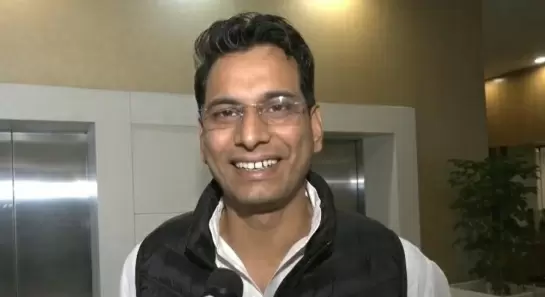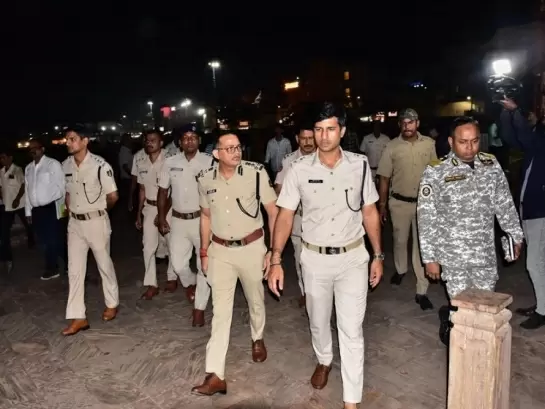Another ex-bureaucrat trashes IAS - and then backtracks
29-September-2019
Once a bureaucrat, it is said, always a bureaucrat.
Naresh Chandra Saxena, a topper of the 1984 Civil Services Examination and who retired as Secretary, Planning Commission (Niti Aayog in its new avatar), proved this in no small measure at the launch of his book "What Ails The IAS And Why It Fails To Deliver - An Insider's View" (Sage/pp 245/Rs 595).
He had something quite different to say at the launch: "Let me say at the outset that contradictory to title of the book, my book is full of admiration for the IAS officers as individuals, they are very hardworking, very competent men of integrity. The recent resignations by a few IAS officers prove that the moral fiber within the IAS is still very strong. I have described, in detail, many instances that occur in the life of an IAS officer, without any moral judgement at any point. Because the book is about the professional qualities of the IAS and how do they function as a 'system', and how they achieve their results."
This is quite contradictory to the title, which would give the lay reader the impression that nothing was right with the Indian Administrative Service (IAS).
There is another notable instance of Saxena backtracking, as a letter dated June 29, 2012 to Sonia Gandhi, in her capacity as chairperson of the UPA's National Advisory Council (NAC) reveals.
"I am writing to you because I am quite perturbed by the recent changes that have been made in the NAC," Saxena begins the letter by stating, referring to the non-renewal of the terms of Prof. M.S. Swaminathan, Harsh Mander and Madhav Gadgil, who he says "contributed a great deal" to the deliberations of the Council "and helped shape the agenda despite facing a lot of public criticism on many counts".
In the penultimate paragrsph, Saxena says he finds the "inexplicable non-renewal of the three distinguished colleagues from the NAC estremely demotivating. Many of us have been fighting injustice all our lives. Now that I see unjust action - pushing out the three members who were the most committed to the poor and the hungry - I would have been cowardly if I had not sent you this protest."
"I request you to forward my letter to the Prime Minister," Saxena concludes the letter.
So, what's the big deal, you say?
Let's go back to the opening paragraph, whose third and fourth lines state: "This letter...is not a note in dissent but written more in the spirit of conveying my anguish at the changes. I must also, at the outset, state that I who-heartedly welcome the two members who are joining the NAC, and since I have worked very closely with one of them, I know their membership will further strengthen the NAC."
Isn't this backing down? If Saxena felt so constrained, why didn't he quit? But, why would he? After all, the NAC was considered a super cabinet with Sonia Gandhi pulling all the strings. And, who would want to give up proximity to Sonia Gandhi?
Still, to give the devil his due, what are the maladies affecting the IAS leadership?
Lack of domain knowledge, lack of concern for the poor, fast promotions that create redundant posts, the need for civil service accountability, improving monitoring and evaluation systems, monitoring absenteeism, shifting focus from input controls to monitoring of outcomes, checking inflated and incredible reporting, Saxena writes in the book.
"We need to make the service more outcome-oriented and accountable for results," Saxena concludes.IANS
Red Fort Blast: NIA Sets Up Special Team Led By ADG Vijay Sakhare
Red Fort Blast Linked To JeM, AGH Module; Key Suspect Umar Killed
Umar Key Suspect In Red Fort Blast; Suicide Bombing Angle Emerges
Red Fort Car Explosion Leaves 10 Dead; Terror Angle Suspected
Car Blast Near Red Fort Metro; Multiple Vehicles Catch Fire









